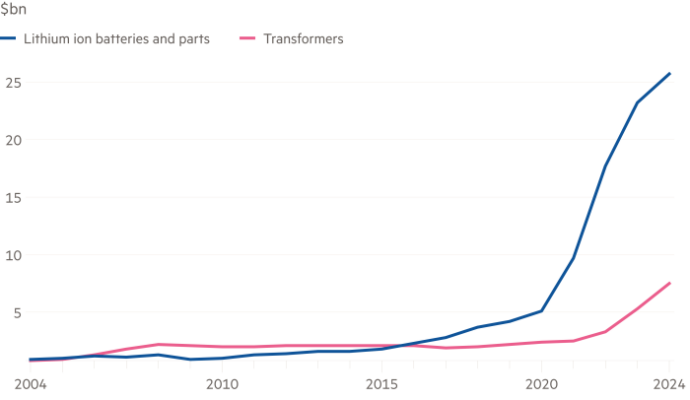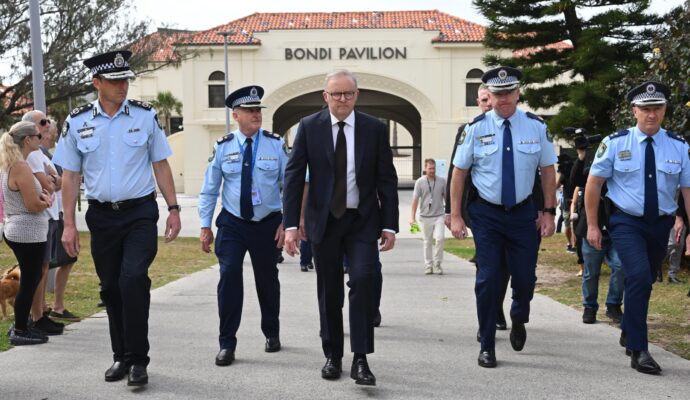Unlock the Editor’s Digest for free
Roula Khalaf, Editor of the FT, selects her favourite stories in this weekly newsletter.
Beijing has agreed to fast-track approvals for rare earth export licences for some European companies after China’s strict controls on shipments of the critical minerals rocked global supply chains.
European officials and industry groups have complained that a new licence system for rare earths and related magnets, introduced in the wake of Donald Trump’s “liberation day” tariffs in April, risked causing widespread factory stoppages.
However, according to a statement published by China’s commerce ministry on Saturday, Beijing is now “willing to establish a green channel for qualified applications to speed up approval”.
No details were given as to how fast the process would be, or which European companies would be included. One European executive in Beijing, who asked not to be named, warned that manufacturers might still face delays in receiving their rare earth and magnet shipments in the short to medium-term given the “huge backlog” of licence applications.
The announcement followed a meeting between Chinese commerce minister Wang Wentao and Maroš Šefčovič, EU commissioner for trade and economic security, in Paris last week.
Wang urged the EU to “take effective measures to facilitate, safeguard and promote compliant trade of high-tech products to China”.
Beijing has become increasingly concerned that Europe has followed US-led restrictions on sales of semiconductors and chipmaking equipment to China.
On Friday Trump said a new high-level round of trade talks between the US and China would take place on Monday in London, paving the way for further de-escalation in the trade war between the world’s two biggest economies.
Rare earths are just one of many disputes between Brussels in Beijing. The sides have also been in talks over China’s opposition to the bloc’s tariffs on Chinese electric vehicles, as well as Beijing’s tariffs on French cognac.
According to the commerce ministry, discussions on prices of Chinese electric vehicles sold in the bloc have entered “the final stage” but further efforts “from both sides were needed”. China plans to announce the result of its investigation into European brandy imports on July 5.
Beijing has sought to improve ties with Brussels since Trump returned to office but EU officials said that, despite warm words, there had been little compromise on issues of concern until now.
Šefčovič on Wednesday said he had pressed his Chinese counterpart over the rare earth delays, which were slowing deliveries for manufacturers of a wide range of items from cars to washing machines.
The Financial Times reported on Thursday that European businesses had lobbied officials in Beijing to set up a special channel to fast-track export licences for “reliable” companies.
On Friday the European Chamber, a Beijing lobby group, warned that despite Beijing approving urgently needed shipments, progress had “not been sufficient” to prevent severe supply chain disruptions for many companies.
Jens Eskelund, the chamber president, said member companies were “still struggling” with both the delays and the lack of transparency.
Additional reporting by Cheng Leng in Hong Kong


